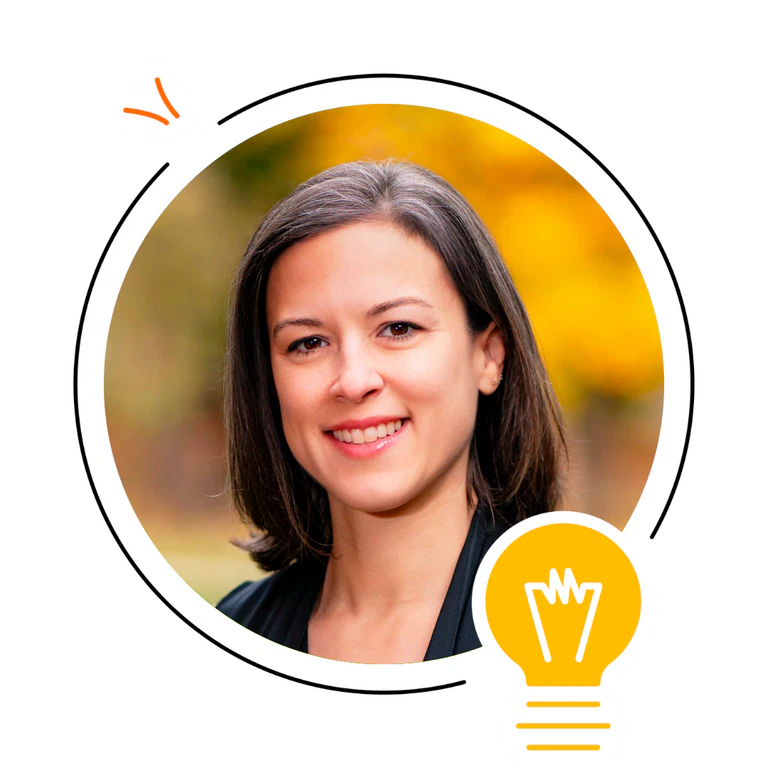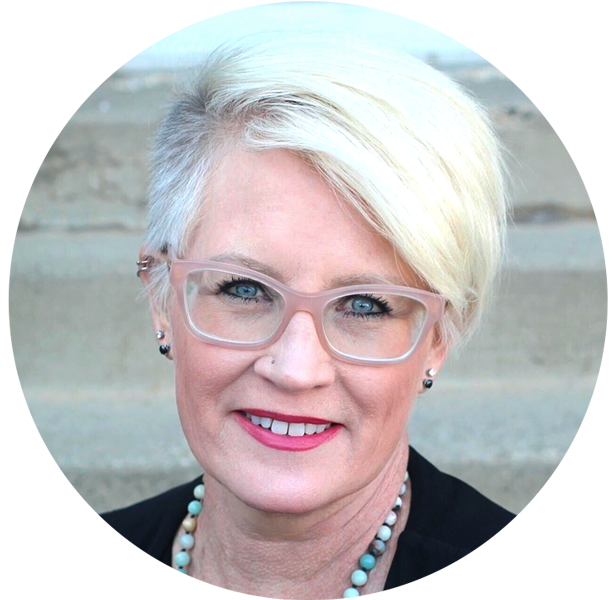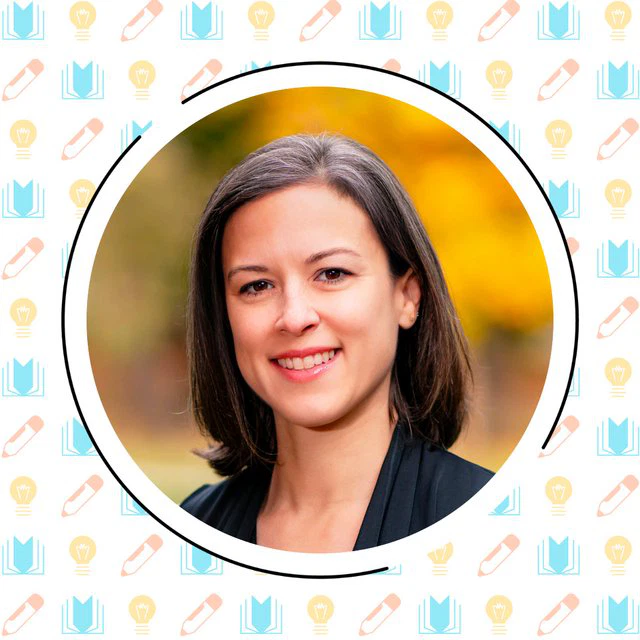Meet Our Guest(s):

Adrea Truckenmiller
Adrea Truckenmiller, Ph.D., NCSP, is an associate professor of special education and school psychology at Michigan State University. She’s the lead author of the Writing Architect, a digital tool that combines an innovative curriculum-based measure of informational writing with instructional practices grounded in research to meet the diverse needs of students in grades 3–8. She also co-created MSU’s master’s degree program for leadership in studying and implementing the Multi-Tiered System of Supports framework. Prior to her time at MSU, Truckenmiller was a researcher at the Florida Center for Reading Research. There, she directed the development of screening and diagnostic assessments for reading and writing, as well as state-wide professional development to accompany them and inform differentiated instruction. She has published more than 40 articles and was awarded more than $5 million in external funding for her research on reading and writing development. She serves as associate editor for the Journal of School Psychology and the Elementary School Journal and sits on the editorial board of five other journals. Learn more at atruck.msu.domains.
Meet our host, Susan Lambert
Susan Lambert is the Chief Academic Officer of Elementary Humanities at Amplify, and the host of Science of Reading: The Podcast. Throughout her career, she has focused on creating high-quality learning environments using evidence-based practices. Lambert is a mom of four, a grandma of four, a world traveler, and a collector of stories.
As the host of Science of Reading: The Podcast, Lambert explores the increasing body of scientific research around how reading is best taught. As a former classroom teacher, administrator, and curriculum developer, Lambert is dedicated to turning theory into best practices that educators can put right to use in the classroom, and to showcasing national models of reading instruction excellence.

Transcripts and additional resources:
Quotes
“When we're thinking about teaching academic vocabulary, of course in the context of content, [it’s important to note] that it's not just a one time around, that sometimes we have to layer that instruction for deeper and deeper and deeper meaning.”
“ Academic language is really a new language for everyone to learn.”
